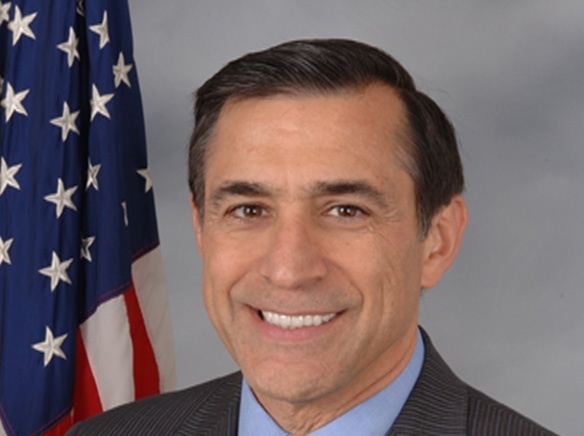The holidays are the time of year we see decorations and hear music that should bring us joy. Yet, the stress of the holidays can be even more powerful, especially for our district residents who live with some type of mental health or substance abuse issue in their families.
According to the American Hospital Association, behavioral health disorders affect nearly one in five Americans. Behavioral health is a broad, catchall term to describe wellness or absence of wellness in a person’s mental health or a substance use behavior. The main types of behavioral health disorders include mood (such as depression or bipolar disorder), anxiety, personality, psychotic (such as schizophrenia), eating, trauma-related (such as post-traumatic stress), and substance abuse.
East Region residents should remember that these disorders are often treatable with some combination of talk therapy and/or medication, but, diagnosis and treatment are not always that simple.
Chronic and severe behavioral health issues are having tragic community-wide impacts. The latest regional data shows the East Region as having the highest number of behavioral health related hospitalizations compared to the rest of the county, and second highest number of emergency department (ED) discharges. Not only do these incidents create longer wait times and overcrowding, they also cause undue burden to patients and their families. Why does this happen? I wonder how many of these hospital visits, especially into our ED at Sharp Grossmont Hospital, could have been prevented.
While it’s difficult to answer that question for specific cases, there are some emerging efforts to combat some of the overall behavioral health challenges we face as a community. There simply needs to be more of a focus on preventing behavioral health patients from becoming acute, or in crisis. The County has supported our neighboring district hospitals in Palomar and Tri-City by reinvigorating its investment in the behavioral health continuum. One recent example includes the creation of psychiatric “hubs” in various parts of the region, and a focus on investments at both Palomar and Tri-City hospitals to enhance their ability to serve the most acute patients. This includes financially supporting a crisis stabilization unit (CSU) at Palomar Health in Escondido for patients who need immediate help. In a CSU, these patients can be evaluated and hopefully stabilized instead of being admitted into the hospital. The County Board of Supervisors also agreed to open up a CSU at their Live Well center in Oceanside. Also in the North Coastal Region, the County has agreed to move forward in splitting the cost with Tri-City Medical Center on a 16-bed inpatient facility for acute patients. I look forward to seeing what comes to fruition in our own region in partnership with our local leaders.
As a member on the Community Grants and Sponsorships committee for the Grossmont Healthcare District (GHD), I’m proud of how we are responding to these healthcare needs. This past year, we have updated our grantmaking strategy to allocate 50 percent of our overall grants and sponsorships budget toward proposals that specifically address the top healthcare needs of our community as determined by the regional Community Health Needs Assessment (CHNA) process. The CHNA is conducted by our local Hospital Association of San Diego and Imperial Counties every three years, and it is no surprise that behavioral health ranks as the top community healthcare need in our district and in the whole county. I’d encourage any of our nonprofit partners working in this field to review our grants and sponsorships criteria at grossmonthealthcare. org/grants.
At the same time, we still have a long way to go as a District when it comes to addressing our region’s behavioral health. Often these health conditions co-occur, or take place at the same time, and one type of treatment may not work for everyone. There’s limited access to psychiatrists and other behavioral health professionals that could be an access point for patients to cope and recover rather than deteriorate. A recent study shows that California needs to invest in our communities to meet the future demand for these professionals, particularly psychiatrists and psychologists. Many who currently practice will reach retirement in the next decade. It concerns me that the number of providers in the state who can prescribe psychiatric medications will decrease by 34 percent by 2028.
I’m proud to introduce two new GHD scholarship programs for promising students showing potential to fill these workforce gaps and shape the future of behavioral healthcare. Since the 1990s, GHD has an active supporter of education and training of the healthcare workforce to benefit future generations. The Board of Directors allocates a portion of our overall grants and sponsorships budget for scholarship programs offered to local high school and college students living or attending school within GHD boundaries. Our newest scholarships are geared toward behavioral health professionals and Registered Nurses who are pursuing advanced practice degrees in fields like psychiatry, psychology, and as physician assistants.
If you or someone you know fits the criteria, please encourage them to consider applying by sharing these new program opportunities, which are available at grossmonthealthcare. org/scholarships.














